
Surbhi Goel, Magerman Term Assistant Professor in Computer and Information Science (CIS) at Penn Engineering, has been named a 2025 Schmidt Sciences AI2050 Early Career … Read More ›

Surbhi Goel, Magerman Term Assistant Professor in Computer and Information Science (CIS) at Penn Engineering, has been named a 2025 Schmidt Sciences AI2050 Early Career … Read More ›
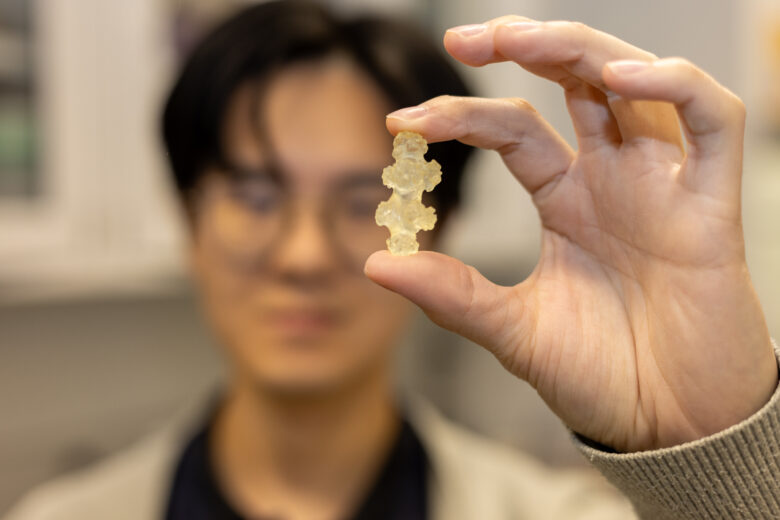
Touch the branches of Leptogorgia chilensis, a soft coral found along the Pacific coast from California to Chile, and its flexible arms stiffen, like Marvel’s … Read More ›
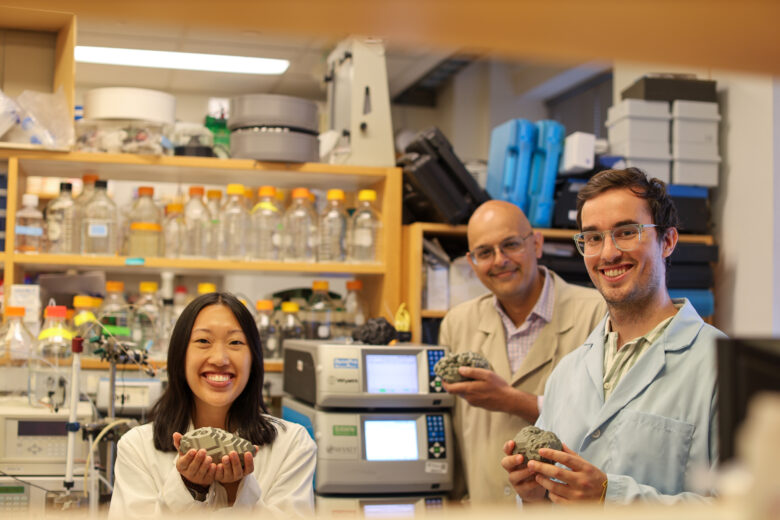
Lipid nanoparticles (LNPs) are the delivery vehicles of modern medicine, carrying cancer drugs, gene therapies and vaccines into cells. Until recently, many scientists assumed that … Read More ›
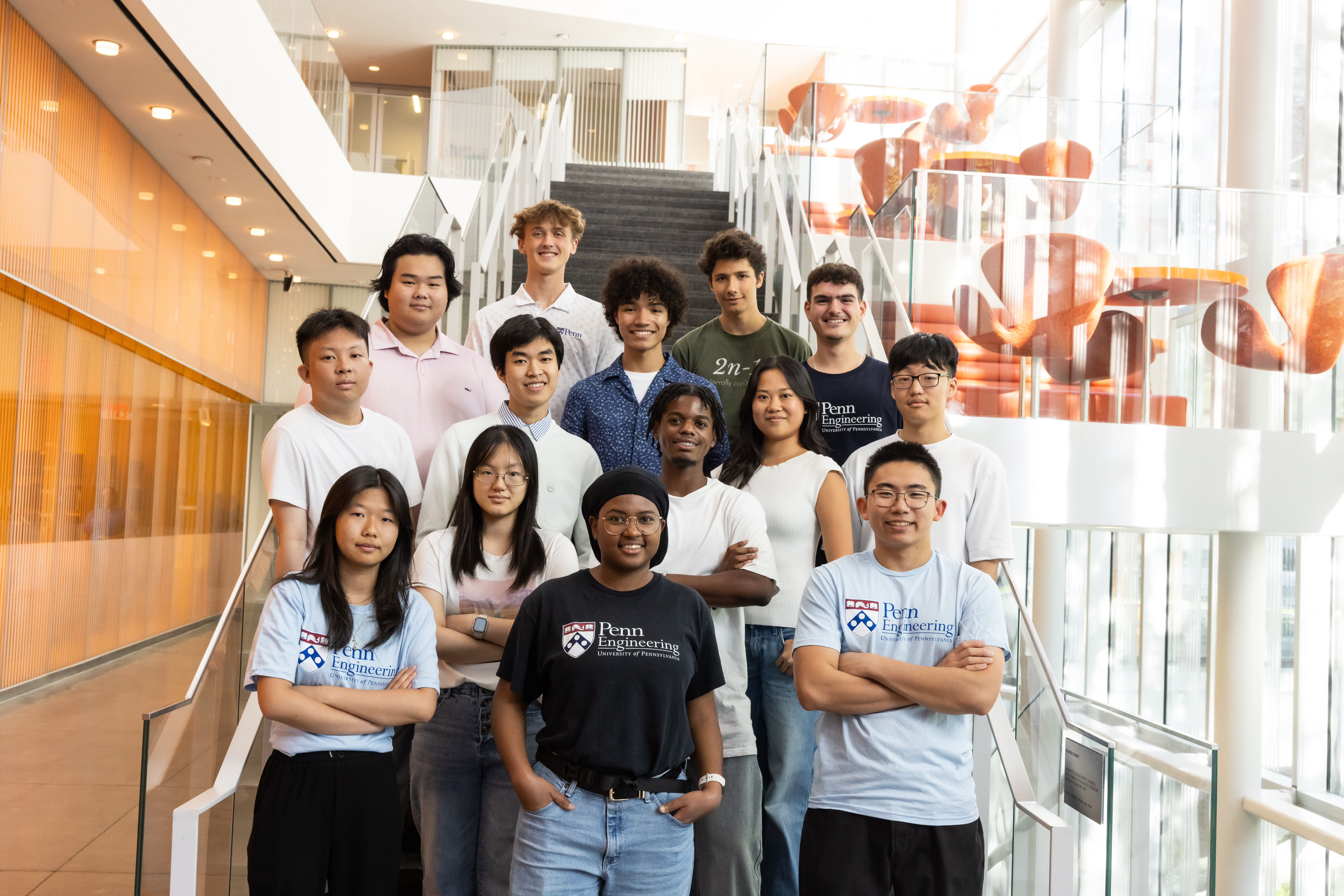
For Amehja Williams (EE’26), who dreams of going to Mars, engineering is about more than technical prowess. Last year, as a NASA-Partner Eclipse Ambassador, she … Read More ›
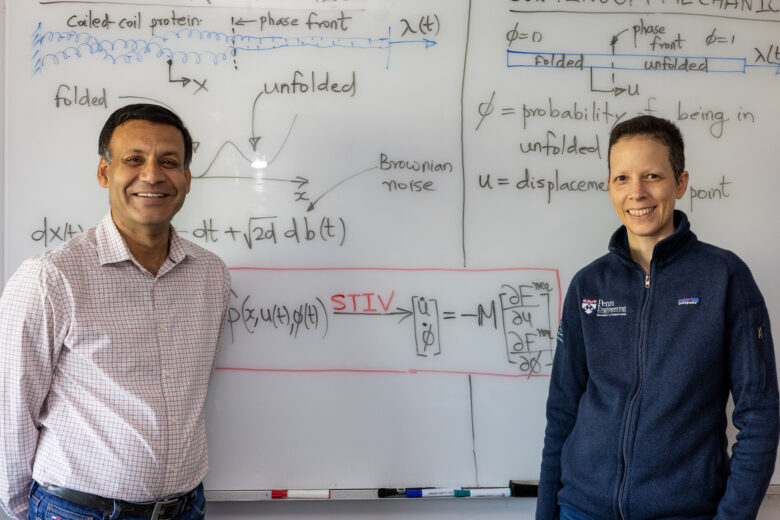
Penn Engineers have developed a mathematical “Rosetta Stone” that translates atomic and molecular movements into predictions of larger-scale effects, like proteins unfolding, crystals forming and … Read More ›
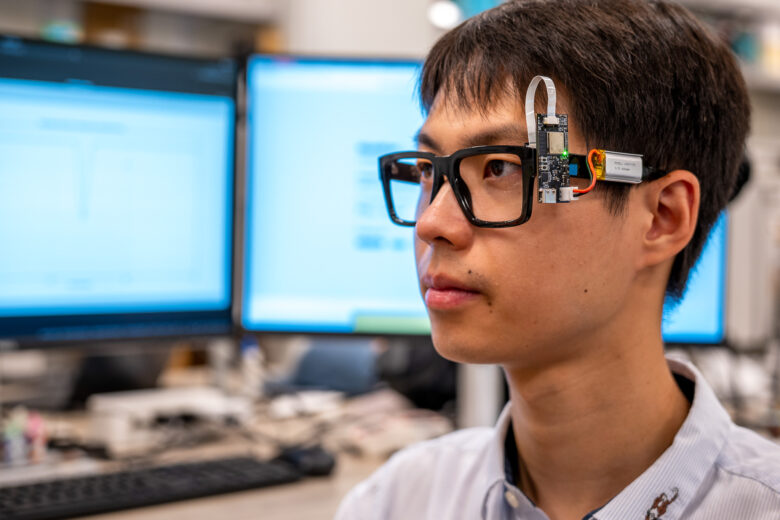
Penn researchers have developed a groundbreaking AI-powered device that turns ordinary glasses into a smart, energy-efficient health monitor by watching you blink. The device, called … Read More ›

What if generative AI could design life-saving antibiotics, not just art and text? In a new Cell Biomaterials paper, Penn researchers introduce AMP-Diffusion, a generative … Read More ›

In a first-of-its-kind experiment, engineers at the University of Pennsylvania brought quantum networking out of the lab and onto commercial fiber-optic cables using the same … Read More ›
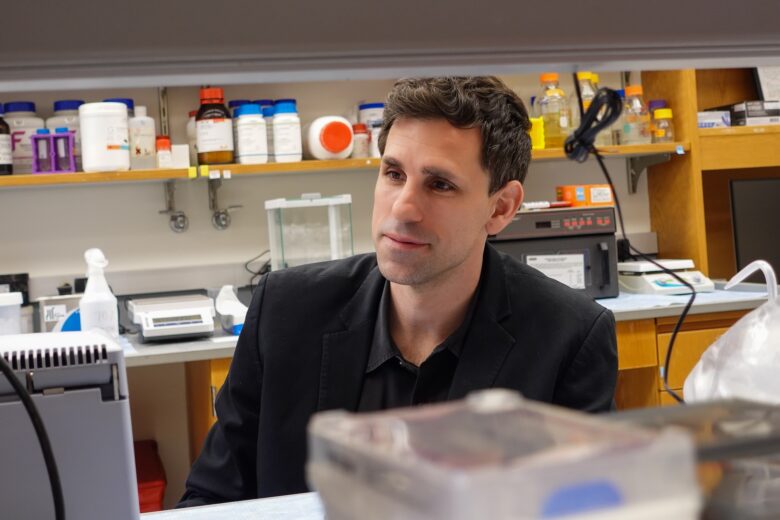
They’ve survived for billions of years in boiling acid, deep-sea vents and salt flats. Now, some of Earth’s oldest life forms — microbes called Archaea … Read More ›

Red blood cells, long thought to be passive bystanders in the formation of blood clots, actually play an active role in helping clots contract, according … Read More ›